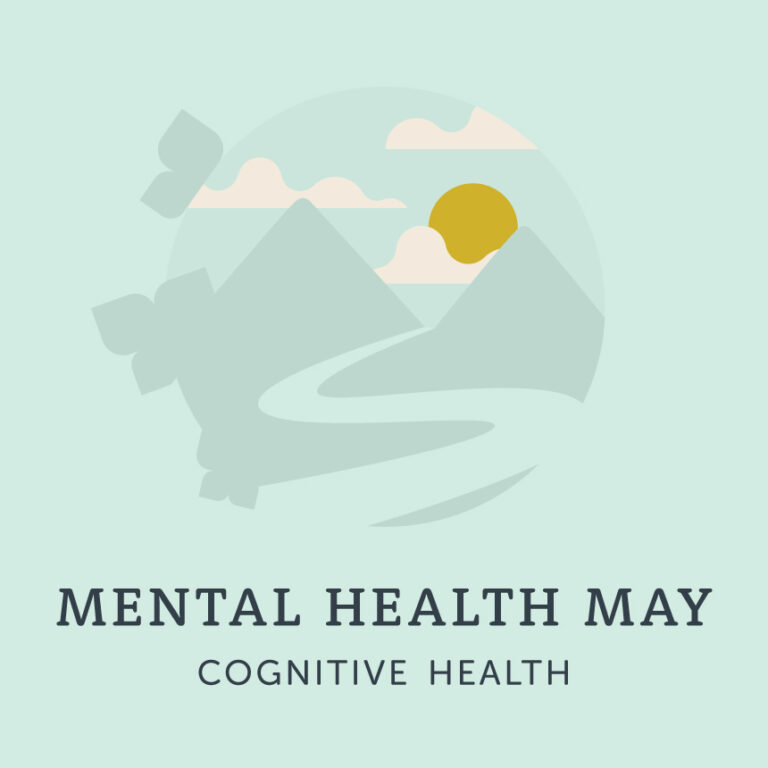
At the close of Heart Health Month, we take stock of how our approach to integrated care supports the whole person.
During February, Heart Health Month, many voices in the health ecosystem spoke about the importance of physical healthcare and caring for the heart. We’ve heard a lot about what causes heart disease (diet, alcohol, tobacco use, among other factors), how men and women have different heart attack symptoms, and how to nurture a healthy heart.
One thing we don’t hear so much about is that people who live in poverty have twice the risk of heart disease, the leading cause of death in the U.S. Lower socio-economic status was a big factor even aside from behaviors like smoking, diet, high blood pressure or cholesterol.
According to a study published in the Journal of the American Medical Association:
Compared with individuals of higher status, men and women of low socioeconomic status had twice the excess risk for heart attack and twice the risk for the prevalence of coronary heart disease death. After accounting for traditional risk factors, the simulation calculated that 60% of the excess risk for heart attack and coronary heart disease death was tied to socioeconomic status.
Part of the reason is that poverty is strongly linked to stress, which creates inflammation in the body including the coronary arteries. According to the National Institutes of Health, “Researchers have proposed that the body’s stress response may link poverty with disease risk. Long-term stress can increase inflammation in the body. Chronic inflammation is thought to play a role in the development of many health conditions.”
Solving for issues related to socio-economic status isn’t just about status: it’s about working toward a better quality and length of life.
When we help our clients access healthy food, stable housing and productive employment, we put them on the path to improved socio-economic status and lower stress that can reduce heart disease risk and add health and years to their lives, over and above their mental health or substance use recovery.
Learn more: JAMA Cardiology: Association of low socio-economic status with coronary artery disease in U.S. adults










